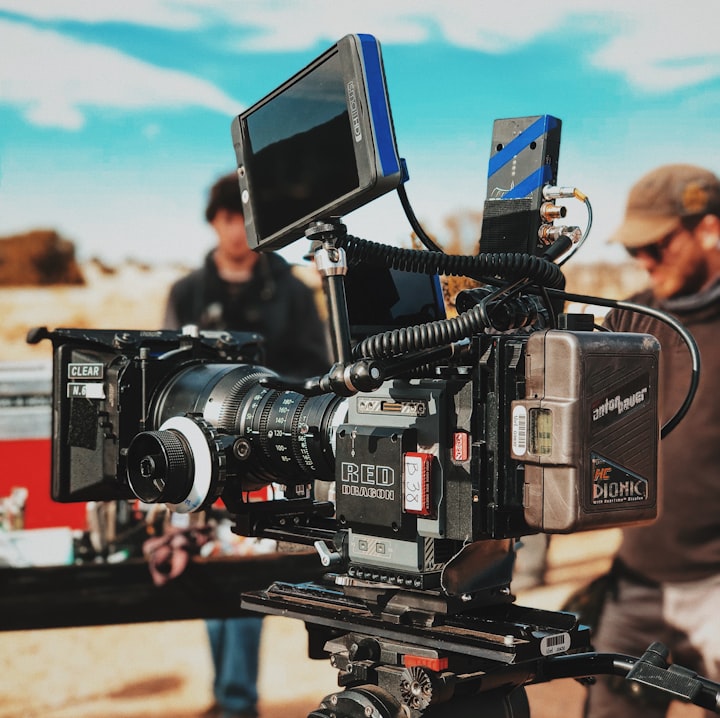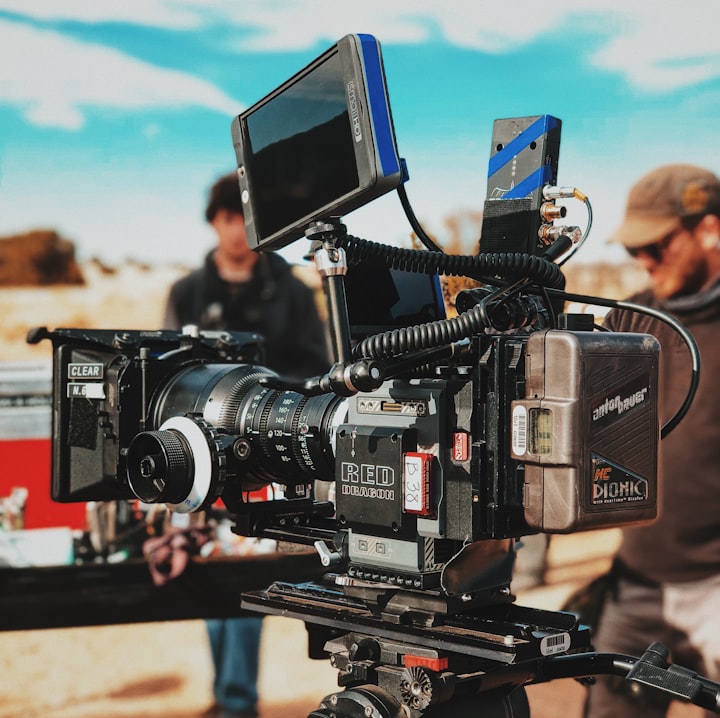Should you shorten your film?
Almost every film can be shorter and there is an easy way to help shorten it

If considering submitting your film to film festivals, then this is the most important piece of guidance I can give you, it’s the easiest thing to do, but the worst thing to face up to. That is to have some low-level focus groups. This sounds utterly ridiculous, but this could save you a lot of time and money in the long run.
As you move into filmmaking it gets very common for filmmakers to think that they know what they're doing when sometimes they don't, especially if you're a director-editor, that's particularly problematic place to be, because while you're doing the job of two and therefore getting the vision that you set out, sometimes that vision isn't always correct. one of the most common traits of a film maker that doesn't take guidance from others is that the film that they make is far too long and as a result it gets declined by more festivals. Gone are the days when it seems appropriate to have a character looking out of a window endlessly of a view outside and pull it off as art, this was the product of the halcyon days of Channel 4, making films that were more often about absolutely nothing, but told the story in a particularly crafty way, somehow artistic, very stylish and with performances that didn't necessarily do an awful lot.
Yes, you're living in a world where the thing that causes the division between you and your audience is a mobile phone, peoples view of pace has changed, people expect more they want to see more activity, they want to see more action and they want to see the point that you're trying to make come across quicker. If you don’t grab their attention, before you know it, they’ll be looking at their phones.
Focus groups are the best way to get an overall perspective of your film you start off with the most calm audience, the most agreeable and you move your way through to the toughest, this is normally formed in the following way, first of all you show it to people that are involved in your film those that star in it, those that are behind the camera this is your most agreeable audience. Why are they so agreeable, because they're going to find it very, very hard to criticise something that they are part, it’s something that they have colluded with you on and will not criticise to ensure they are not found “guilty by suspicion” or dubbed as unsupportive. Your second audience should be your family, your family might have a slightly more critical view of what you've created, they might understand you well enough to tell you when you're wrong, they might have the ability to tactfully tell you how to address some of the issues that they see. Your third and final audience should be your friends, not the friends that you seldom see, the ones that you see frequently, the ones that you can sit down and say to them “I want you to watch this film and I want you to be honest with me about everything, do the performances work, is it the right length, is the sound good, do you see anything wrong with the cinematography, what do you think of the performances.” Why is it so important to work in this format, because it tells you a couple of things and it prepares you for something that could be quite brutal by slowly luring you in. but remember don't be swayed by the positivity of your first focus group, don't be fooled into thinking they have your best interests at heart, because more often than not they're just preparing for the next pay packet. So why would you even consult them, it's simply down to reducing the overall shock when the film that you have created might not be as perfect as it seems.

I've had 100 conversations with parents who's children’s films (most likely grown adult children) have not been as successful at film festivals that they would have liked and you have this very frank conversation with the parent and the parent tells the organiser of the festival they can see things that are clearly wrong with the film and because it's easier to tell the festival organiser than it is to tell your own child. They are looking for an out, they want the festival organiser to tell the filmmaker their faults, because you have not asked them for their views. and that's why you as the filmmaker need to come forward and ask for that criticism knowing it can be delivered in a way only a parent can say things to a child.
Another thing you should look out particularly if you're making short films is that some film festivals will put a cap on the length of your film I can think of a dozen off the top of my head that won't allow short films that are over 15 minutes I can think of some that won't allow short films over 10 minutes and I can think of a couple that won't allow films over 5 minutes. It's so important to bear this fact in mind if you're looking at showing your films at specific festivals a lot of these festivals will not excuse a few seconds over, they also won't excuse lives and a common trait with film makers is to misrepresent the running time of their film limiting it in the listing to 15 minutes but when the video actually plays out it might play for 17 or 18 minutes, if you want to be in that festival you need to make the cut. By following the guidance of the focus groups, its almost possible to cut down anything.
About the Creator
Spencer Hawken
I'm a fiftysomething guy with a passion for films, travel and gluten free food. I work in property management, have a history in television presentation and am a multi award wining filmmaker, even though my films are/were all trash.






Comments
There are no comments for this story
Be the first to respond and start the conversation.